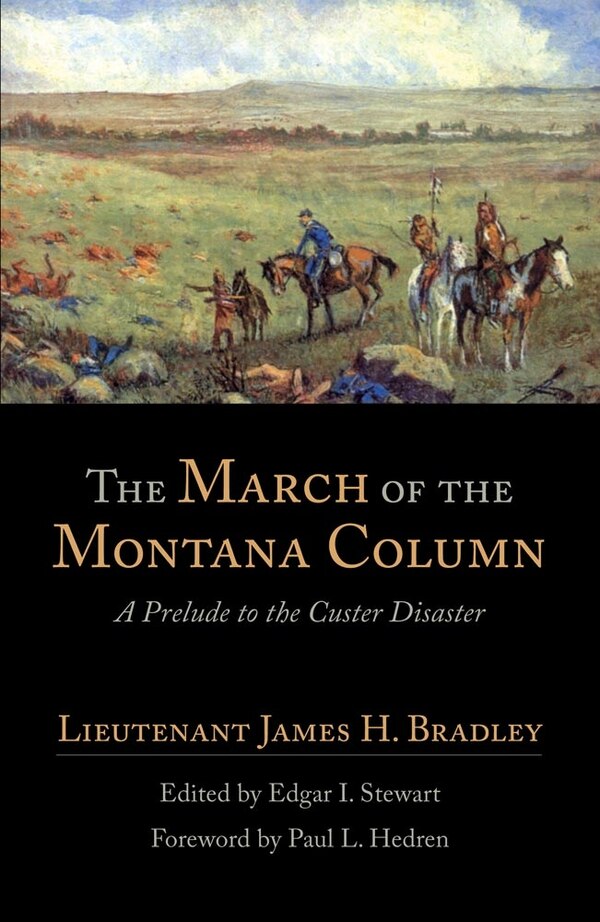
Compare The March of the Montana Column by James H. Bradley, Paperback | Indigo Chapters
James H. Bradley
$29.95
In the vast body of material dealing with Custer's "last stand," the journal kept by young Lieutenant James H. Bradley of the Seventh Infantry is at once graphic, incisive, and of first-rate historical importance. It is also little known. It records in detail the major incidents of the march of the Montana Column, under command of Colonel John Gibbon, to participate in the Sioux campaign of 1876. Beginning on March 17, when five companies of the regiment left Fort Shaw, it traces the progress of the column and ends abruptly with the entry for June 26, when Gibbon's command camped on the site of present Crow Agency, Montana, amid abundant indications that Custer?s Seventh Cavalry had met with disaster. A letter written by Bradley describing the finding of the bodies on the Custer battlefield on the Little Big Horn is appended to provide a fitting conclusion. Bradley's journal, however, is much more than an account of a military command moving through unsettled country against a primitive foe. The Lieutenant was a gifted writer with definite scientific and historical interests, a man of infinite curiosity, who not only recorded the daily progress but also added "historical notices of the country traversed." His description of the grief of the Crow scouts on hearing the first news of the disaster of the Little Big Horn is a classic in the literature of the American West. A rare treat for all readers interested in the Indian wars, the journal was first published in a limited edition in 1896. | The March of the Montana Column by James H. Bradley, Paperback | Indigo Chapters







